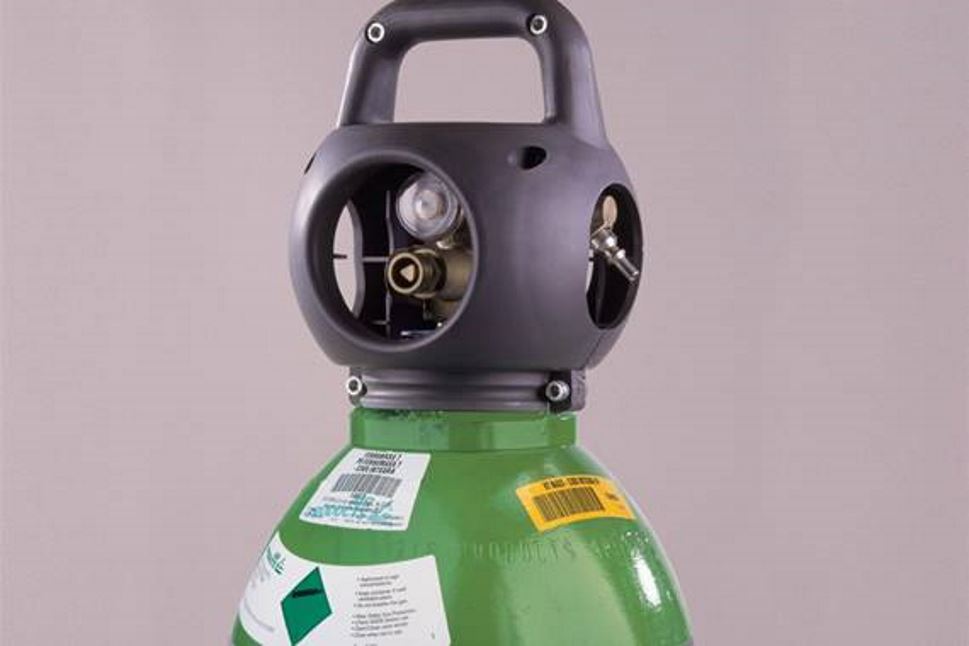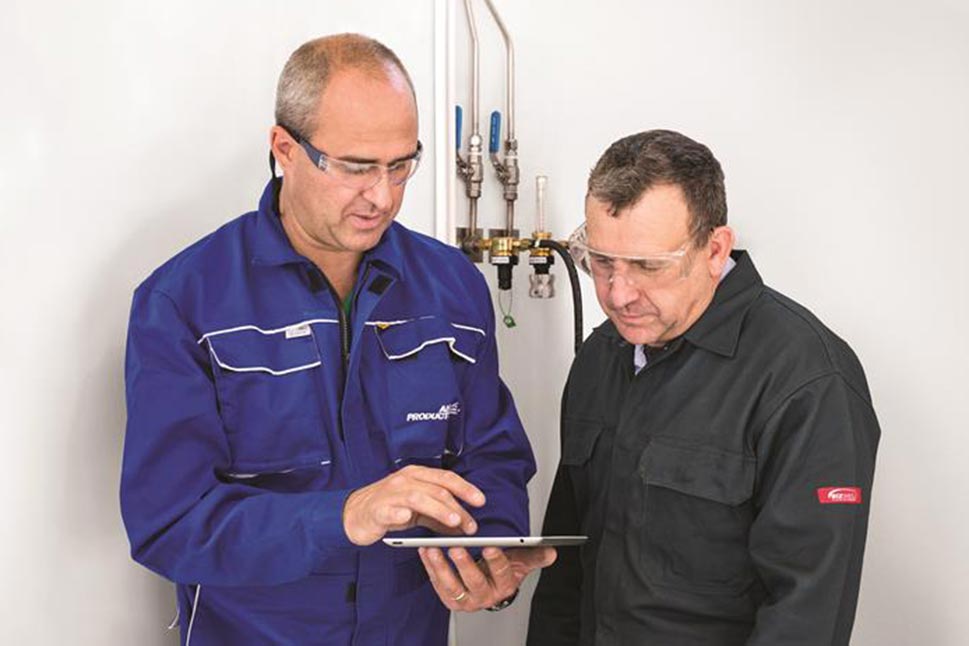See our TIG weld process gases in action.
Book a demonstration.
Book a demonstration.


Save money, increase productivity and improve quality. Whether you use single cylinders or have gases piped, the Gastrak® service can help.